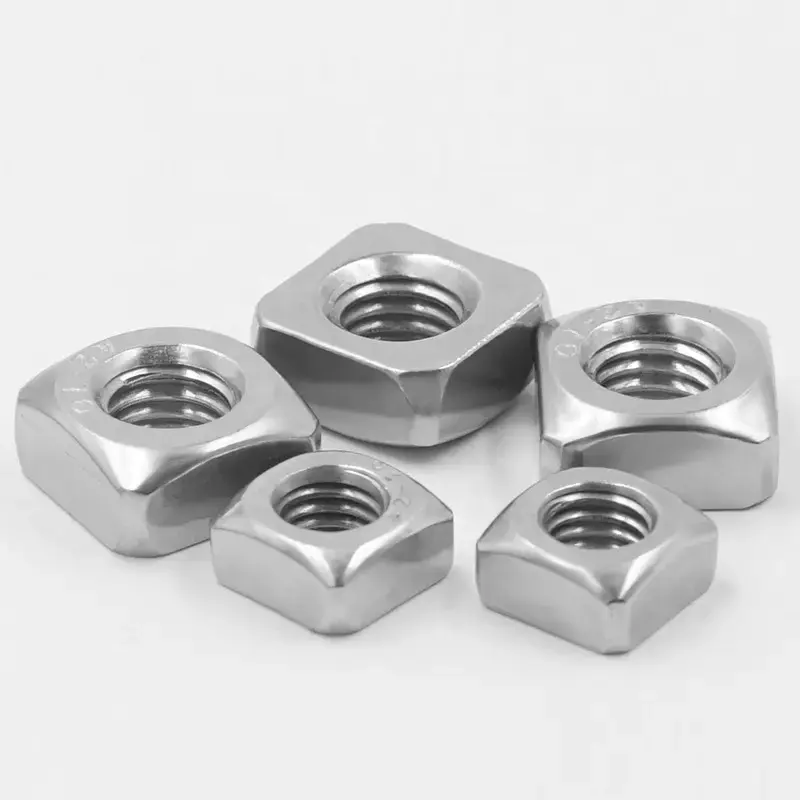

self tapping ground screw
नवम्बर . 14, 2024 21:04 Back to list
self tapping ground screw
The Versatility and Utility of Self-Tapping Ground Screws
When it comes to building robust structures, the choice of foundational materials and methods can significantly impact the longevity and stability of the project. Among the various types of anchors and fasteners available, self-tapping ground screws have emerged as a versatile and efficient solution for numerous applications, from residential construction to larger commercial projects. This article delves into the characteristics, advantages, and diverse uses of self-tapping ground screws.
Understanding Self-Tapping Ground Screws
Self-tapping ground screws are specialized fasteners designed to penetrate and anchor into the ground without the need for pre-drilled holes. They feature a unique screw thread that allows them to carve their path into various soil conditions, effectively creating a secure connection. Typically made from durable materials such as galvanized steel or stainless steel, these screws are engineered to withstand significant loads and resist environmental factors such as corrosion.
Advantages of Self-Tapping Ground Screws
1. Ease of Installation One of the standout features of self-tapping ground screws is their ease of installation. Without requiring excessive machinery or tools, these screws can often be installed with minimal equipment, such as a power drill. This not only reduces labor costs but also speeds up the overall construction process.
2. No Concrete Required Unlike traditional concrete foundations or footings, self-tapping ground screws offer a flexible alternative. There’s no need for mixing and pouring concrete, which can be time-consuming and labor-intensive. This characteristic makes them particularly appealing for projects in remote locations or areas where concrete delivery could be challenging.
3. Adaptability to Site Conditions The ability to anchor into various soil types is another significant advantage. Whether dealing with rocky, sandy, or clay-like soil, self-tapping ground screws can provide reliable anchorage. This adaptability allows for optimized construction methods tailored to specific site conditions, thus enhancing the project’s success.
4. Environmental Responsibility Self-tapping screws can minimize land disturbance during installation. Traditional foundations often require significant excavation, leading to soil erosion or disruption of local ecosystems. In contrast, ground screws are less invasive, making them a more environmentally friendly option, especially for projects in sensitive areas.
self tapping ground screw

Diverse Applications
Self-tapping ground screws are not limited to one particular industry; their applications span across various fields.
- Residential Construction These screws are commonly used for installing decks, fences, and patios. They provide a sturdy base that can support the weight of the structures while also being easily removable should a relocation be necessary.
- Renewable Energy In the growing field of renewable energy, self-tapping ground screws are often employed in solar panel installations. They offer a stable footing without the need for heavy machinery or extensive ground disturbance, facilitating quicker and more efficient panel setups.
- Temporary Structures Self-tapping ground screws are ideal for temporary installations such as event stages, outdoor displays, or construction site facilities. Their removable nature allows for easy dismantling and relocation, making them a popular choice for trade shows or community events.
- Geotechnical Projects Their durability and resistance to various environmental stresses make them suitable for geotechnical applications, including soil stabilization and erosion control projects. They can be embedded into slopes or banks to prevent sliding or washing away.
Conclusion
In the ever-evolving world of construction, self-tapping ground screws represent a remarkable advancement in anchoring technology. Their ease of installation, versatility across different applications, and minimal environmental impact make them an attractive option for builders and contractors alike. As industries continue to embrace innovative methods and materials, self-tapping ground screws are likely to play a pivotal role in shaping the future of construction and structural integrity. Embracing such efficient solutions is not only a testament to modern engineering but also a step towards more sustainable building practices.
Latest news
-
Premium Fasteners Manufacturer | AI-Driven Solutions
NewsAug.01,2025
-
Hot Dip Galvanized Bolts - Hebei Longze | High Strength, Corrosion Resistance
NewsAug.01,2025
-
High-Strength Hot Dip Galvanized Bolts - LongZe | Corrosion Resistance, Custom Sizes
NewsAug.01,2025
-
Best Self Tapping Screws for Drywall - Fast & Secure Installation
NewsJul.31,2025
-
High-Strength Hot Dip Galvanized Bolts-Hebei Longze|Corrosion Resistance&Customization
NewsJul.31,2025
-
Hot Dip Galvanized Bolts-Hebei Longze Metal Products|Corrosion Resistance&High Strength
NewsJul.31,2025

